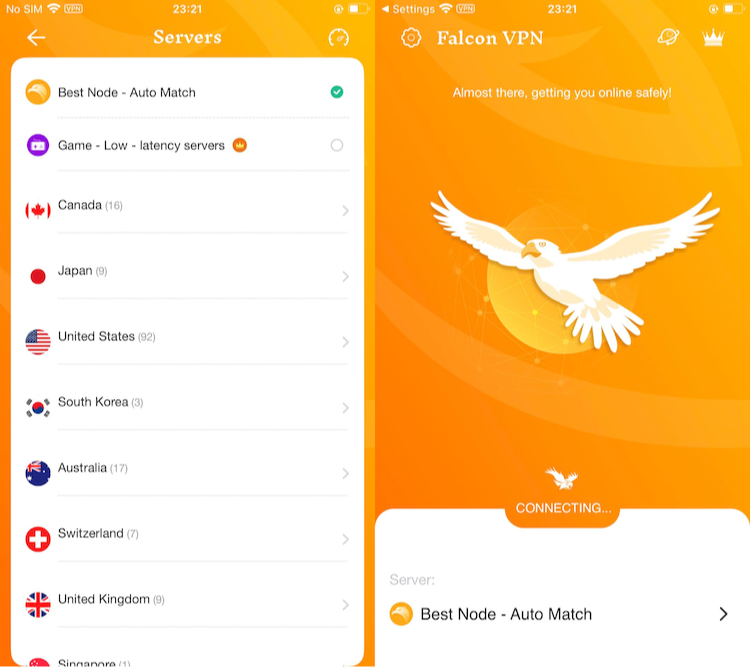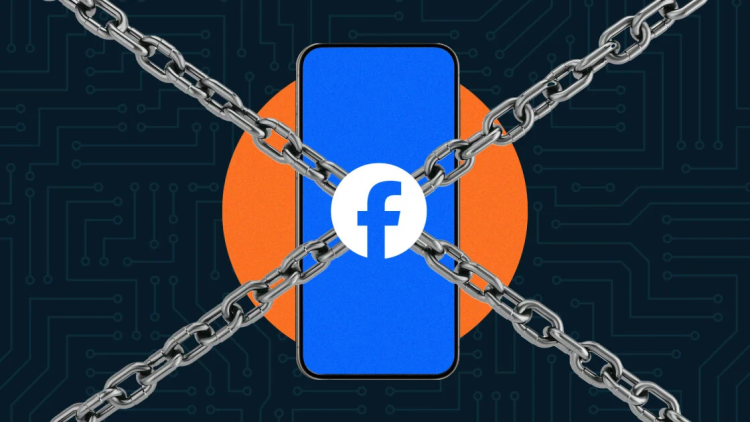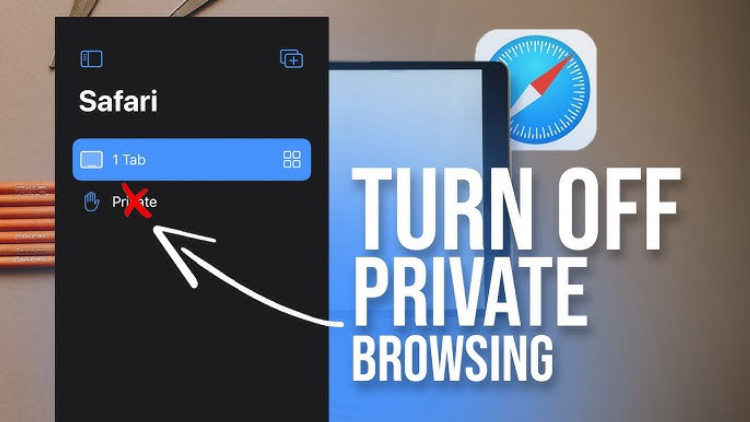Wondering how to hide your digital location online? You’re not alone. Every time you visit a website, join a video call, or shop online, your IP address quietly broadcasts your whereabouts. But did you know it’s possible to mask your IP and make it seem as if you’re browsing from somewhere else? Understanding how to spoof IP addresses and use a fake IP address can help you take control over your privacy, boost security, and sidestep annoying restrictions. Here’s what you need to know.

What Is a Fake IP Address?
Understanding the Concept of a Fake IP Address
When people talk about a fake IP address, they’re referring to an address that replaces the one assigned by your internet service provider (ISP). To any website or person on the other end, this address looks just as legitimate as any other, but in reality, it belongs to a VPN server,Best VPN proxy, or some other IP-masking tool.
Connections still require a genuine IP address on both ends, but these tools allow you to generate fake IP addresses that disguise your actual virtual location.
Fake IP vs. IP Spoofing
It’s important not to confuse this tactic with IP spoofing. While hiding your IP is a widespread, legal technique to protect privacy or access content, IP spoofing is a form of cyberattack where someone changes data packet addresses to bypass network security. Think of it as the difference between using privacy curtains and sneaking through a locked door.
Why Use a Fake IP Address?
1. Enhanced Privacy
Your IP can reveal your real location and habits. Hiding it means online businesses won’t profile you as easily, and see less of your behavior for targeted ads.
2. Added Security
Masking your IP can shield you from cyberthreats like DDoS attacks. Hackers often target well-known or high-value IP addresses; disguising yours helps minimize risk.
3. Bypass Blocklists
Got banned from a game server or website? Services sometimes use IP blocks to keep users out. Using a fake IP address can help you get around these restrictions.
4. Unlock Local Content
Many sites show special deals or features only to users from certain regions. Want access to local prices, services, or shop fronts? A fake IP address makes you look like a local.
5. Stream Home Content Abroad
Miss your favorite shows while traveling? Streaming platforms usually restrict content to certain regions. When you use a fake IP address from your home country, it’s like never leaving.
Potential Drawbacks of Using a Fake IP Address
While using a fake IP address can open doors, it sometimes locks a few as well. For example, if you’re accessing websites from another country, local sites may not recognize you, leading to disconnections or limited features. Switching between fake locations and your actual one can feel like a game of cat and mouse.
Split Tunneling as a Solution
Modern tools are evolving. VPNs like FalconVPN offer split tunneling, letting you decide which apps use the fake IP address and which stick to your genuine address. This simplifies how to spoof IP for just the sites you want, without disrupting your entire network.
Also, since anyone can use these tools, verifying where a person is truly located becomes more challenging. Yet, this works in your favor too. By hiding your IP, it’s harder for scammers or malicious actors to track your personal data.
How to Safely Fake an IP Address
It’s easy to get started, but some methods are safer than others. Here’s an overview:
Trusted VPN Providers
Using the best iPhone VPN gives you both security and versatility. When you connect, websites only see the VPN’s address, not yours. Top VPNs encrypt your traffic, helping you avoid snooping or cyberattacks.
Dedicated IP Addresses
Some VPNs offer dedicated IPs, giving you more control over where you appear to be online. A dedicated IP from a VPN provider is safer thanks to added encryption, as opposed to a basic ISP-assigned IP.
Proxy Servers
Acting as intermediaries, proxies send your traffic through their servers. This lets you generate a fake IP address easily, though they often lack encryption, making them a less secure pick than most VPNs. You can use various types, like browser extensions or SOCKS5 proxies.
Tor Browser
Tor routes your data through a network of nodes, making your real IP almost impossible to detect. The downside? You don’t control your exit node’s location, and some sites distrust Tor users altogether.
Traffic Routing Tools (e.g., Meshnet)
Think of this as using another device as your go-between. Tools like Meshnet route your connection through your home computer, so you can access your home IP from anywhere. Like proxies, it’s all about how you configure your systems.
Download Falcon VPN to Instantly Get a Fake IP Address
Looking for an easy way to generate a fake IP address without compromising your privacy? Falcon VPN is a simple, secure tool that lets you spoof your IP with just a few taps. Whether you’re streaming, gaming, or protecting your identity online, Falcon VPN helps you switch virtual locations effortlessly.
Here’s how to get started:

- Get the VPN App
Head over to FalconVPN and download the appropriate version for your device. - Complete Installation
Open the downloaded file and follow the prompts to install the VPN app on your device. - Open the VPN App
Launch the app after installation. Select your preferred server location. - Connect to Secure Your Internet
Hit the “Connect” button to encrypt your connection and protect your online activities.
Should You Use a Free Fake IP Address Generator?
While the allure of a free fake IP address generator is strong, tread carefully. Free tools often lack adequate security. For instance, with some free VPNs and proxies, you may deal with slow speeds, outdated software, strict limits, or even risk your data being sold to third parties.
Even Tor, despite its popularity, isn’t foolproof; anyone can run an exit node—including malicious operators.
⚠️ Tip: A trustworthy provider helps you spoof IP safely without sacrificing performance or exposing your data.
Can You Generate a Fake IP Address Manually?
No, you can’t manually create an IP address for the internet; the entire ecosystem is managed by the Internet Assigned Numbers Authority (IANA). Online tools that claim to generate fake IP addresses are mainly for software testing, outputting random numbers that don’t point anywhere.
When we refer to a fake IP address, we really mean using an existing (but not your own) IP to mask your real one. Whether you’re figuring out how to spoof IP address for privacy or to access your favorite local content abroad, remember that you can select the location but not conjure an address from thin air.
FAQ: Everything You Need to Know About Fake IP Addresses
What’s the safest way to generate a fake IP address?
Using a VPN is widely considered the safest method. It encrypts your traffic and replaces your real IP with one from a secure server. Some also offer dedicated IP addresses for added control.
Is using a fake IP address illegal?
No, it’s legal in most countries to use a fake IP address via VPNs or proxies for privacy. However, using it to commit fraud or bypass legal restrictions can lead to consequences.
How do I spoof an IP address without getting blocked?
Pick a trusted VPN with multiple server locations and strong privacy features. Use split tunneling to avoid suspicion on apps that don’t tolerate location mismatches, like banking apps.
Can I use a free fake IP address generator safely?
You can, but free tools often lack encryption, have usage caps, or collect user data. Be cautious and avoid using them for sensitive activity like online banking or login credentials.
Is IP spoofing the same as using a fake IP address?
No. IP spoofing involves faking source IPs in data packets—usually for malicious purposes. Using a fake IP address via VPNs or proxies is a legal, secure way to mask your identity online.
Why do streaming services block fake IP addresses?
To enforce licensing agreements, streaming platforms detect and block VPN and proxy traffic. Some advanced VPNs can bypass these blocks by refreshing IP pools and offering obfuscation features.

John Miller is a tech enthusiast and online privacy advocate with over 8 years of experience in VPN and cybersecurity. He writes expert guides to help users navigate VPN options, enhance their online security, and protect their privacy on the internet.



